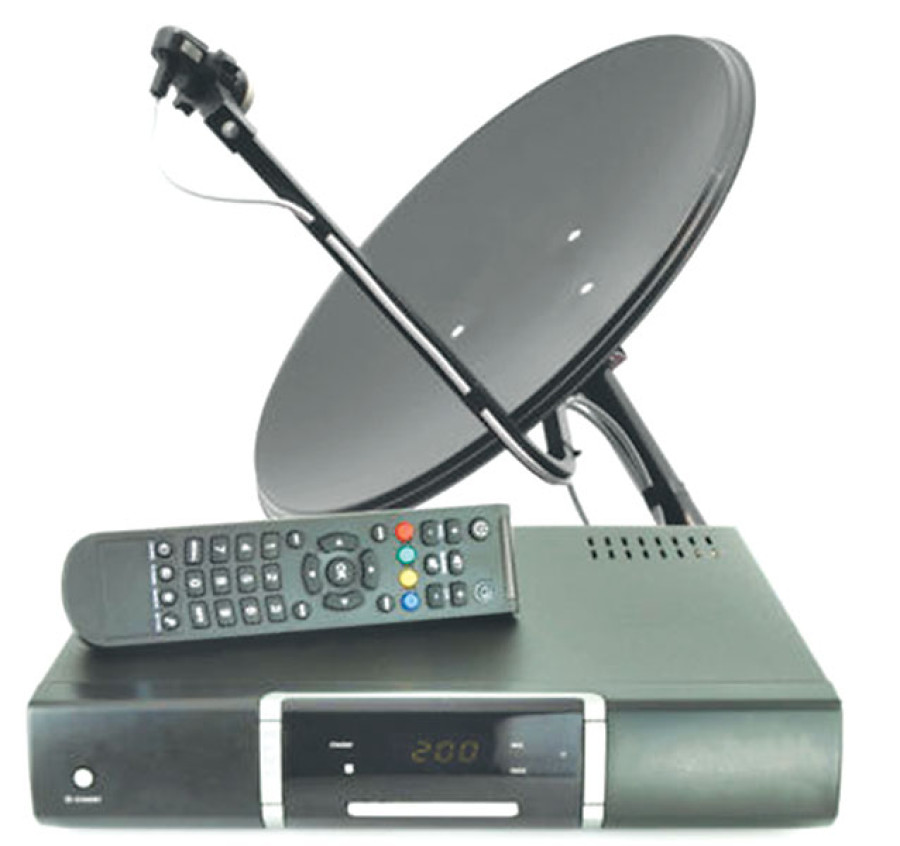Money
Govt unable to roll out clean feed policy on time
If indications are anything to go by, the government will not be able to roll out its plan to gradually remove foreign advertisements from programmes aired by foreign television channels from mid-July as mentioned in the fiscal policy of the next fiscal year.
If indications are anything to go by, the government will not be able to roll out its plan to gradually remove foreign advertisements from programmes aired by foreign television channels from mid-July as mentioned in the fiscal policy of the next fiscal year.
Presenting the budget for fiscal year 2017-18, the then finance minister Krishna Bahadur Mahara had said the country would start enacting the clean feed policy from July 16 to gradually bar foreign broadcasters from carrying advertisements in programmes they air in Nepal.
Although the government has not made a formal decision to postpone the implementation date of clean feed policy, it is now almost sure that it will not be able to roll out the plan as per the schedule announced through the budget.
“There are some technical issues that need to be sorted out. Also, the clean feed policy needs to be updated. So, it might take us some time to roll out the plan,” Ram Chandra Dhakal, spokesperson of the Ministry of Information and Communication, which is implementing the policy, said, without elaborating. Dhakal, however, said this should not mean the government has backed off from its plan to introduce clean feed policy.
Once the clean feed policy is introduced, the government will extend downlink license to foreign broadcasters only if they agree to remove commercials before airing programmes in Nepal. Those blank commercial slots could then be sold to domestic advertisers.
Nepali advertising agencies have long been demanding that such a policy be introduced to expand domestic advertisement market. But domestic cable operators are not in favour of implementation of the policy at the moment.
“Indian broadcasters, with whom Nepal purchases most of the foreign television signals, have clearly said the cost of supplying television programmes without advertisements is equivalent to opening a new channel company,” Sudhir Parajuli, president of the Federation of Cable TV Associations of Nepal, said. “So, Nepal should be ready pay a huge sum to foreign channel operators if it intends to introduce clean feed policy.”
The Indian Broadcasting Foundation (IBF), which recently met with the officials of the Ministry of Information and Communication, has also said the same thing.
“Launch of clean feed entails separate playout, uplink and downlink costs,” says an IBF statement. “Nepal being an emerging market with very ‘low average revenue per user’ such exorbitant costs to create clean feeds are not justifiable from a business viability point of view.”
An alternative to this is to create a master control room in Nepal, where foreign programmes embedded with foreign advertisements could be scanned and converted into advertisement-less programmes.
“But creating a master control room in around 250 companies that are currently supplying cable signals is almost impossible,” said Parajuli. “So, it’s better we wait until the process of replacing analogue television broadcasting with digital signal is complete. This will reduce the number of cable signal suppliers to around 14-15.”
Proper and effective implementation of digitisation will give an insight on the type of content being consumed, enabling broadcasters to evaluate consumer choice better, according to the IBF.
“From government’s point of view, digitisation will also provide a line of sight on content being distributed in Nepal, revenues being generated by distribution platforms and consequential licence fees or taxes they are paying. Such licence fees or taxes can be utilised by the government to cross-subsidise expenses of Nepali broadcasters or take other initiatives.”
Nepal has already initiated the process of replacing analogue television broadcasting with digital signal.
But since the government has not made it mandatory for cable operators to abolish analogue broadcasting, the process of digitising television broadcast is moving ahead very slowly.
Implementation of the clean feed policy prior to completion of digitisation process may promote piracy, with cable operators relying on Indian connections to re-distribute signals here, cable operators said.
This may also prompt television viewers in Nepal to illegally purchase Indian set-top boxes and recharge cards to watch foreign channels, they said.




 9.89°C Kathmandu
9.89°C Kathmandu














